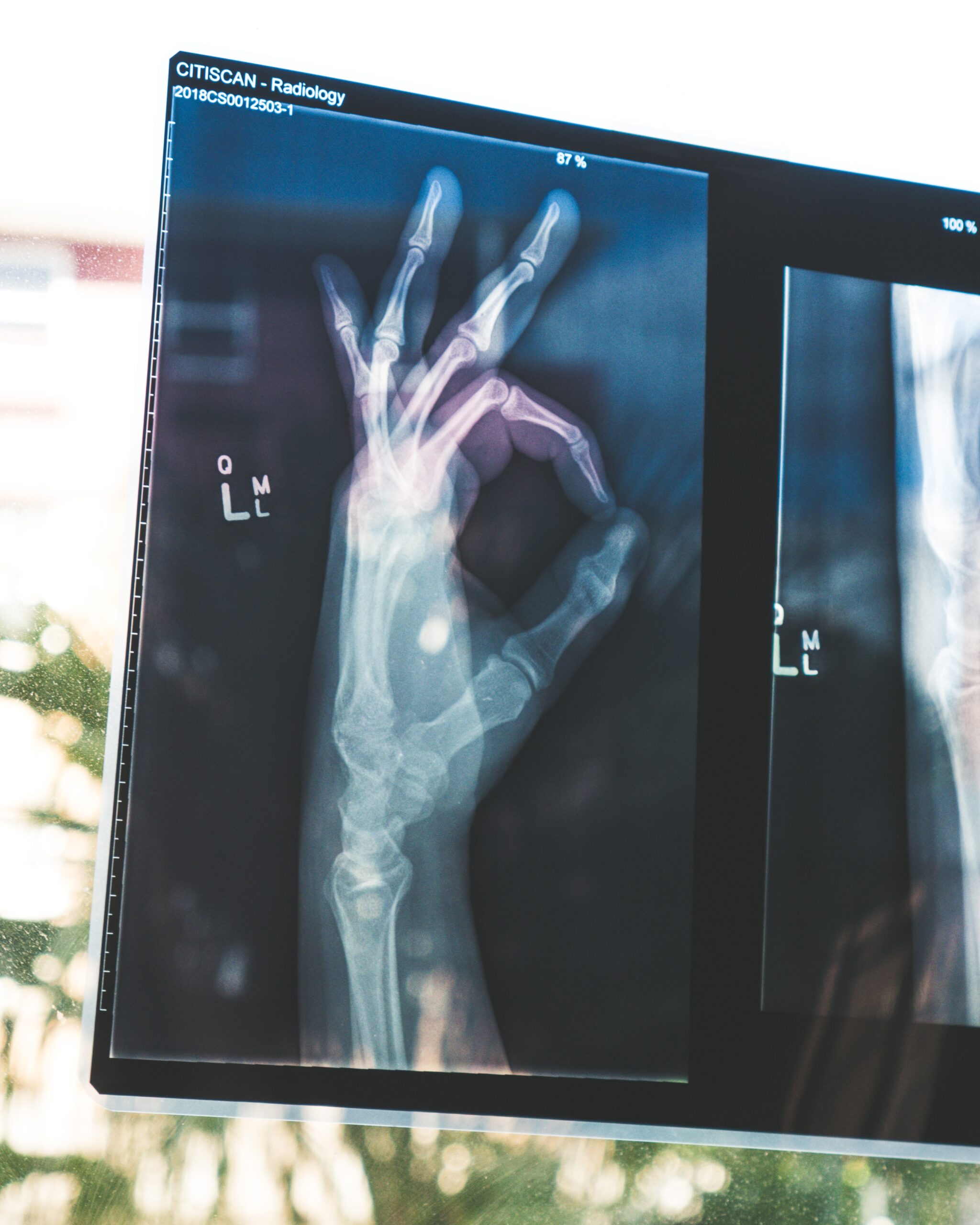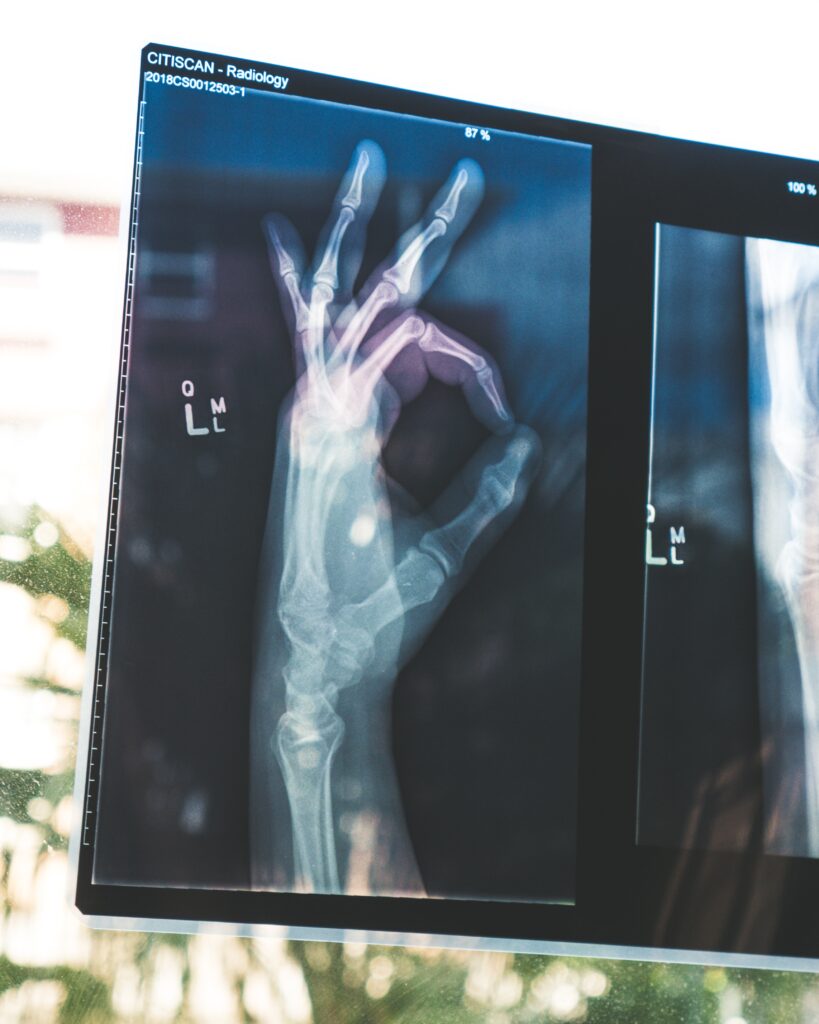
If you or someone you know is struggling with the symptoms of an enlarged prostate, look no further. “How To Treat Enlarged Prostate” is here to provide you with the knowledge and techniques you need to effectively manage this condition. With expert advice and practical tips, this product aims to help you regain control over your life and alleviate the discomfort caused by an enlarged prostate. Say goodbye to frequent urination, weak flow, and sleepless nights, and say hello to a better quality of life.
What is Enlarged Prostate
Enlarged prostate, also known as benign prostatic hyperplasia (BPH), is a common condition that affects many men as they age. The prostate is a small gland located below the bladder and in front of the rectum. Its main function is to produce semen, the fluid that carries sperm.
Definition of Enlarged Prostate
An enlarged prostate occurs when the prostate gland grows in size, causing it to squeeze and partially block the urethra, the tube that carries urine from the bladder out of the body. This can lead to a variety of urinary symptoms, such as frequent urination, weak urine flow, and difficulty starting and stopping urine flow.
Causes of Enlarged Prostate
The exact cause of enlarged prostate is not fully understood, but it is believed to be primarily related to hormonal changes that occur with age. As men get older, the balance of hormones in their body can change, leading to an increase in the production of a hormone called dihydrotestosterone (DHT). This hormone is thought to play a role in the growth of the prostate gland.
Symptoms of Enlarged Prostate
The symptoms of an enlarged prostate can vary from person to person, but common symptoms include:
- Frequent urination, especially at night
- Urgency to urinate
- Weak urine flow
- Difficulty starting and stopping urine flow
- Incomplete emptying of the bladder
- Dribbling after urination
- A sensation of not fully emptying the bladder
- Urinary tract infections
If you are experiencing any of these symptoms, it is important to consult with a healthcare professional to determine the cause and appropriate treatment for your condition.
Medical Treatments
There are several medical treatments available for enlarged prostate, depending on the severity of your symptoms and your overall health. Your healthcare provider will work with you to determine the best course of treatment for your individual needs.
Prescription Medications
Prescription medications, such as alpha blockers and 5-alpha reductase inhibitors, are often used to treat the symptoms of an enlarged prostate. Alpha blockers relax the muscles in the prostate and bladder, improving urine flow and reducing symptoms. 5-alpha reductase inhibitors help to shrink the prostate gland by blocking the production of DHT.
Minimally Invasive Procedures
For more moderate cases of enlarged prostate, minimally invasive procedures may be recommended. These procedures aim to reduce the size of the prostate or widen the urethra, relieving symptoms without the need for surgery. Examples of minimally invasive procedures include transurethral microwave therapy (TUMT), transurethral needle ablation (TUNA), and laser therapy.
Surgery
In severe cases of enlarged prostate or when other treatments have not provided relief, surgery may be necessary. The most common surgical procedure for treating an enlarged prostate is transurethral resection of the prostate (TURP). During this procedure, a small portion of the prostate gland is removed to relieve the blockage and improve urine flow.

This image is property of images.unsplash.com.
Lifestyle Changes
In addition to medical treatments, making certain lifestyle changes can also help manage the symptoms of an enlarged prostate.
Dietary Modifications
Certain dietary modifications may help alleviate symptoms of an enlarged prostate. This includes avoiding foods and beverages that can irritate the bladder, such as caffeine, alcohol, and spicy foods. It is also important to maintain a healthy diet that includes fruits, vegetables, whole grains, and lean proteins.
Physical Exercise
Engaging in regular physical exercise can have numerous benefits for overall health, including managing symptoms of an enlarged prostate. Exercise can help maintain a healthy weight, improve urinary function, and reduce the risk of complications associated with an enlarged prostate.
Stress Reduction
Stress can exacerbate symptoms of an enlarged prostate, so finding ways to reduce stress is important. This may include practicing relaxation techniques such as deep breathing exercises, meditation, or engaging in activities that you find enjoyable and relaxing, such as hobbies or spending time with loved ones.
Alternative and Natural Remedies
In addition to medical treatments and lifestyle changes, some individuals may turn to alternative and natural remedies to help manage the symptoms of an enlarged prostate.
Herbal Supplements
Certain herbal supplements, such as saw palmetto, have been traditionally used to help reduce symptoms of an enlarged prostate. However, it is important to consult with a healthcare professional before starting any herbal supplement, as they may interact with other medications or have potential side effects.
Acupuncture
Acupuncture is an ancient Chinese practice that involves inserting thin needles into specific points on the body. Some individuals find that acupuncture can help alleviate symptoms of an enlarged prostate and improve overall urinary function. However, more research is needed to fully understand the effectiveness of acupuncture for this condition.
Saw Palmetto
Saw palmetto is a type of palm tree native to the southeastern United States. The berries of the saw palmetto plant have been used for centuries to relieve urinary symptoms associated with an enlarged prostate. Some studies have suggested that saw palmetto may help reduce urinary symptoms, but more research is needed to confirm its effectiveness.

This image is property of images.unsplash.com.
Home Remedies and Self-care
In addition to medical treatments and lifestyle changes, there are several home remedies and self-care techniques that can help manage the symptoms of an enlarged prostate.
Warm Baths
Taking warm baths can help relax the muscles in the pelvic area and provide temporary relief from urinary symptoms. Adding Epsom salts or essential oils to the bathwater may also help promote relaxation.
Sitz Baths
Similar to warm baths, sitz baths involve sitting in warm water that covers the hips and buttocks. This can help reduce inflammation and provide relief from symptoms of an enlarged prostate.
Kegel Exercises
Kegel exercises, also known as pelvic floor exercises, can help strengthen the muscles that control the flow of urine. This can improve urinary function and reduce symptoms of an enlarged prostate.
Bladder Training
Bladder training involves gradually increasing the amount of time between urinations to train the bladder to hold larger volumes of urine. This can help reduce urinary urgency and frequency associated with an enlarged prostate.
Managing Urinary Symptoms
If you are experiencing urinary symptoms due to an enlarged prostate, there are several management techniques that can help improve your quality of life.
Urinary Catheter
In some cases, a urinary catheter may be necessary to help manage urinary symptoms. A catheter is a thin tube that is inserted into the urethra to drain urine from the bladder.
Catheterization
Catheterization involves inserting a catheter into the bladder to relieve urinary retention. This may be done intermittently or on a more permanent basis, depending on your individual needs.
Absorbent Pads
Using absorbent pads or adult diapers can help manage any urinary leakage or incontinence that may occur as a result of an enlarged prostate.
Urinary Retention Treatments
If you are experiencing urinary retention, your healthcare provider may recommend treatments such as alpha blockers, catheterization, or surgery to help relieve the blockage and allow for better urine flow.

This image is property of images.unsplash.com.
Prevention and Maintenance
While there is no guaranteed way to prevent an enlarged prostate, there are steps you can take to reduce your risk and maintain a healthy prostate.
Regular Medical Check-ups
Regular medical check-ups are crucial for early detection and treatment of any potential prostate issues. By monitoring your prostate health, your healthcare provider can identify any changes or abnormalities that may require further investigation.
Healthy Lifestyle Habits
Maintaining a healthy lifestyle can help support prostate health. This includes eating a balanced diet, exercising regularly, avoiding tobacco use, and moderating alcohol consumption.
Monitoring Symptoms
If you have been diagnosed with an enlarged prostate or are at risk of developing one, it is important to monitor your symptoms closely. Keep track of any changes in urinary function and discuss them with your healthcare provider to ensure timely intervention and appropriate treatment.
Potential Complications
Although an enlarged prostate itself is not usually a serious condition, it can lead to complications if left untreated.
Urinary Tract Infections
Urinary tract infections (UTIs) can occur when bacteria enter the urinary tract through the urethra. An enlarged prostate can increase the risk of developing UTIs due to incomplete emptying of the bladder and urinary retention.
Kidney Damage
If an enlarged prostate is causing significant urinary blockage and retention, it can put pressure on the kidneys and potentially lead to kidney damage over time.
Bladder Stones
Bladder stones can form when urine remains in the bladder for extended periods due to urinary retention caused by an enlarged prostate. These stones can cause pain, discomfort, and potentially lead to urinary tract infections.

When to See a Doctor
If you are experiencing symptoms of an enlarged prostate, it is important to seek medical attention to receive an appropriate diagnosis and treatment plan.
Seeking Medical Attention
You should schedule a visit with your healthcare provider if you are experiencing any of the following symptoms:
- Persistent or worsening urinary symptoms
- Blood in the urine
- Urinary tract infections
- Kidney pain or discomfort
- Inability to urinate
Emergency Situations
In some cases, an enlarged prostate can cause urinary retention, which is a medical emergency. If you are unable to urinate at all or are experiencing severe pain, seek immediate medical attention.
Conclusion
Enlarged prostate is a common condition that can cause urinary symptoms and affect the quality of life for many men. The treatment options for enlarged prostate include medical treatments, lifestyle changes, alternative remedies, home remedies, and self-care techniques. It is important to work with a healthcare professional to determine the best course of action for your individual needs. By managing symptoms and seeking appropriate medical attention, you can effectively treat and manage an enlarged prostate, improving your overall well-being. Remember to monitor your symptoms, stay proactive about your prostate health, and seek prompt medical attention when necessary.
